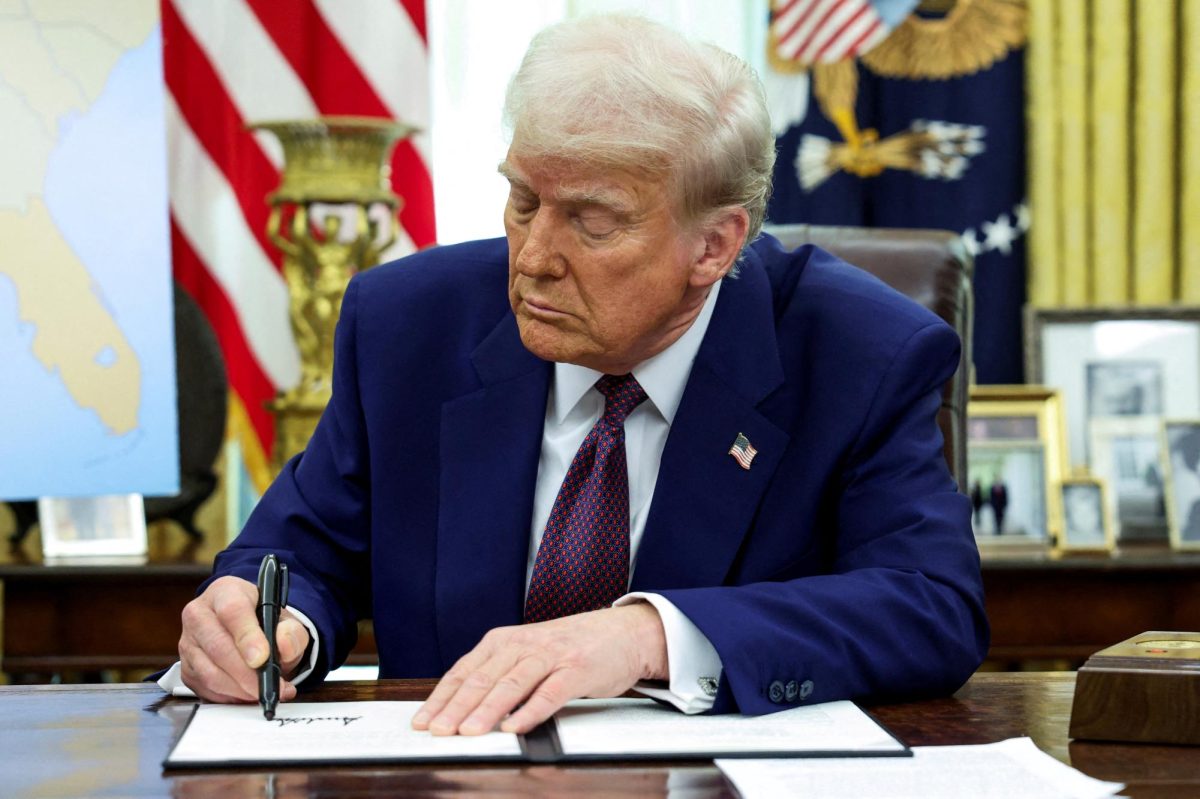The United States has announced new tariffs targeting imports from Mexico, Canada, and China, citing ongoing concerns about the influx of fentanyl and other illicit drugs into the country. President Donald Trump authorized these measures under the International Emergency Economic Powers Act, aiming to pressure these nations into taking more decisive action against drug trafficking.
Details of the tariffs
- Mexico and Canada: A 25% tariff will be applied to all goods imported from Mexico and Canada, with Canadian oil and energy products facing a reduced tariff of 10%.
- China: An additional 10% tariff will be imposed on Chinese imports, supplementing existing duties.
These tariffs are scheduled to take effect on March 4, 2025.
Rationale behind the tariffs
The U.S. government attributes the escalating opioid crisis to inadequate efforts by these countries in curbing the production and distribution of fentanyl. China is accused of supplying precursor chemicals to Mexican cartels, which then manufacture and smuggle fentanyl into the United States. Additionally, both Mexico and Canada are criticized for not effectively controlling the transit of these drugs across their borders.
International responses
- China: Chinese officials have denied responsibility, pointing to domestic addiction issues within the U.S. as the root cause of the crisis. They argue that the U.S. should focus on its internal problems rather than attributing blame externally.
- Mexico: In a move to demonstrate its commitment to combating drug trafficking, Mexico extradited 29 high-level organized crime operatives to the United States, including notorious figures like Rafael Caro Quintero. This action aims to persuade the U.S. to reconsider the impending tariffs.
- Canada: The Canadian government has expressed concerns over the potential economic impact of the tariffs and is seeking diplomatic solutions to address the issue.
Economic implications
The new tariffs are expected to have significant economic repercussions:
- Consumer Costs: American consumers may face increased prices on various goods, as importers often pass on the cost of tariffs to buyers.
- Trade Relations: The tariffs could strain diplomatic and trade relationships between the U.S. and the affected countries, potentially leading to retaliatory measures.
- Global Supply Chains: Disruptions in the supply chain may occur, affecting industries reliant on imports from these nations.
The effectiveness of these tariffs in curbing the flow of fentanyl into the United States remains uncertain. While the U.S. government views them as a necessary measure to protect public health, the broader economic and diplomatic consequences are yet to unfold. Stakeholders from various sectors will be closely monitoring the situation as it develops.









